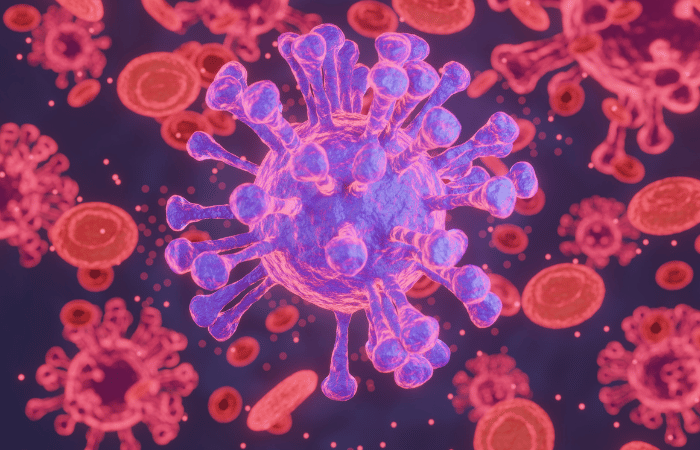April 2023: Retifanlimab-dlwr (Zynyz, Incyte Corporation) received fast approval from the Food and Drug Administration to treat adult patients with metastatic or recurrent locally advanced Merkel cell cancer (MCC).
In PODIUM-201 (NCT03599713), an open-label, multiregional, single-arm study examining 65 patients with metastatic or recurrent locally advanced MCC who had not previously received systemic therapy for advanced illness, safety and efficacy were assessed.
Objective response rate (ORR) and duration of response (DOR), as determined by an independent central review committee in accordance with RECIST v1.1, were the key efficacy outcome measures. The ORR was 52% (95% CI: 40, 65), and 18% of respondents gave their full consent. 26 patients (76%) and 21 (62%), respectively, had DORs of less than six and twelve months.
The 105 MCC patients who made up the safety population. Fatigue, musculoskeletal pain, pruritus, diarrhoea, rash, pyrexia, and nausea were the most frequent side effects (10%). When patients received retifanlimab-dlwr, 22% of them experienced serious side effects.
The dosage of retifanlimab-dlwr that is advised is 500 mg given intravenously over the course of 30 minutes every 4 weeks until the condition progresses, there is intolerable toxicity, or up to 24 months have passed.
View full prescribing information for Zynyz.


